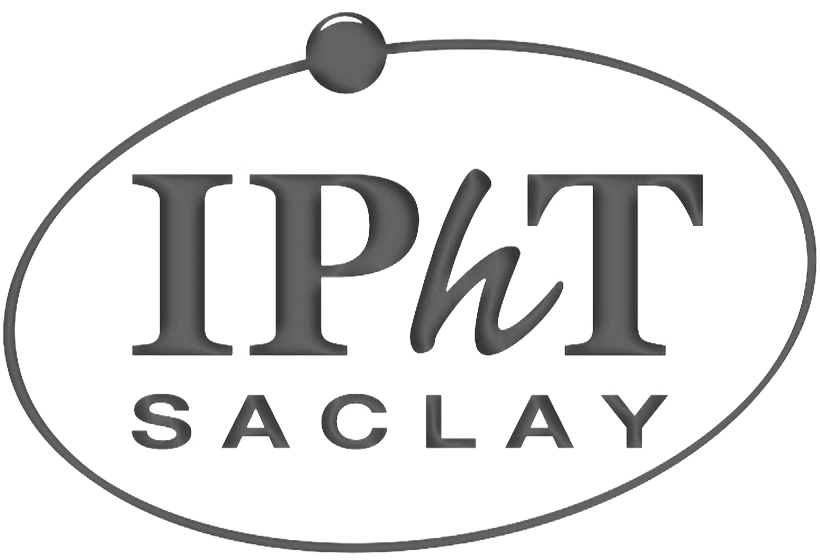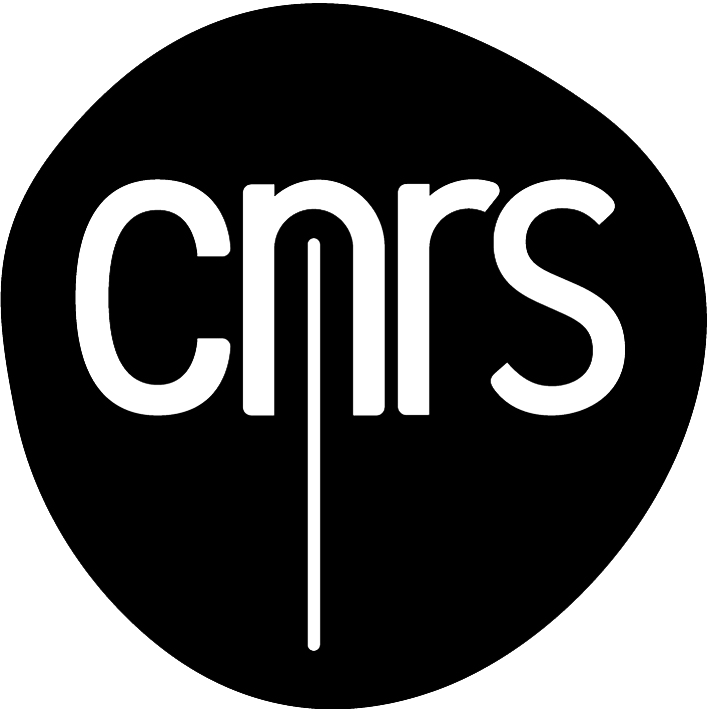Quantum computers & simulators
How can they help solving long-standing problems in physics?
An online conference series organised by the Institute of Theoretical Physics in Paris-Saclay.
Talks & Speakers
29.11

//14:00 CET
How quantum simulations can help solving quantum many-body problems?
J.I.Cirac
Max Planck Institute of Quantum Optics, DE
J.I. Cirac is a director of the Max Planck Institute of Quantum Optics in Garching, Germany where he heads the theory division and honorary professor at the Technical University of Munich. He is a leading figure in Quantum Optics, Quantum Information Theory and Quantum Many Body Physics. For example, his work on optical lattices jumpstarted the field of quantum simulations. J.I. Cirac has been granted with multiple awards including the Benjamin Franklin Medal in Physics in 2010, the Wolf price in Physics in 2013 or the Max Planck Medal of the German Physical Society in 2018 to name a few.

//18:00 CET
What are the options for building a large scale quantum computer?
R. Laflamme
University of Waterloo, CA
R. Laflamme is a professor at the University of Waterloo, Canada and holds several chairs in quantum information. He is the founder and until mid-2017 was the director of the Institute for Quantum Computing, Waterloo, a leading institute in quantum information processing. Though R. Laflamme started his career working in quantum gravity and cosmology, he made pioneered contributions to quantum information theory, showing how quantum computation can be performed efficiently with linear optics or laying down the mathematical framework for quantum error correction to name a few. He has been granted with several awards including for example the Queen’s Jubilee Award in 2013, the Canadian Association of Physicist 2017 CAP-CRM prize in Theoretical and Mathematical Physics or the Officer of the Order of Canada in 2017
30.11

//14:00 CET
What is the status of quantum simulators?
A. Browaeys
Institut d’Optique in Palaiseau, FR
A. Browaeys is a research director at the Institut d’Optique in Palaiseau, France. He is at the head of a research group dealing with synthetic quantum systems — built one atom at a time —for exploring many-body physics. He is the co-founder of a startup company commercialising quantum simulators using cold atoms. He has been granted with several awards, including the Prix Aimée Cotton 2007, and the CNRS Silver Medal in 2021.

//18:00 CET
What is the status of quantum algorithms?
K. Svore
Microsoft, USA
K. Svore is the General Manager of Quantum Software and Systems Engineering at Microsoft. She is the raising star of theoretical quantum computing having the highest expertise in quantum algorithms and fault-tolerant software architectures as well as an outstanding vision of future applications of quantum computers.
01.12

//18:00 CET
Where are we on the road to quantum computing?
J. Martinis
University of California, USA
J. Martinis is a professor at the University of California in Santa Barbara, USA. He is a leading figure in experimental quantum computing. He has worked on a variety of low temperature device physics and he did pioneering experiments with superconducting qubits which he used at Google Quantum A.I. Lab to build up a programable processor achieving a quantum advantage. J. Martinis has been granted with multiple awards including the London Price in low temperature Physics in 2014 or the John Stewart Bell Prize in 2021 to name a few.
Registration
Send an email to quantum_info2021conf@ipht.fr with the subject Register_YourName.
Quantum computers & simulators
How can they help solving long-standing problems in physics?
29.11—01.12.2021
Organizers
J.-D. Bancal, N. Sangouard & P. Urbani
Institute of Theoretical Physics, Paris-Saclay




Design by Bitflow